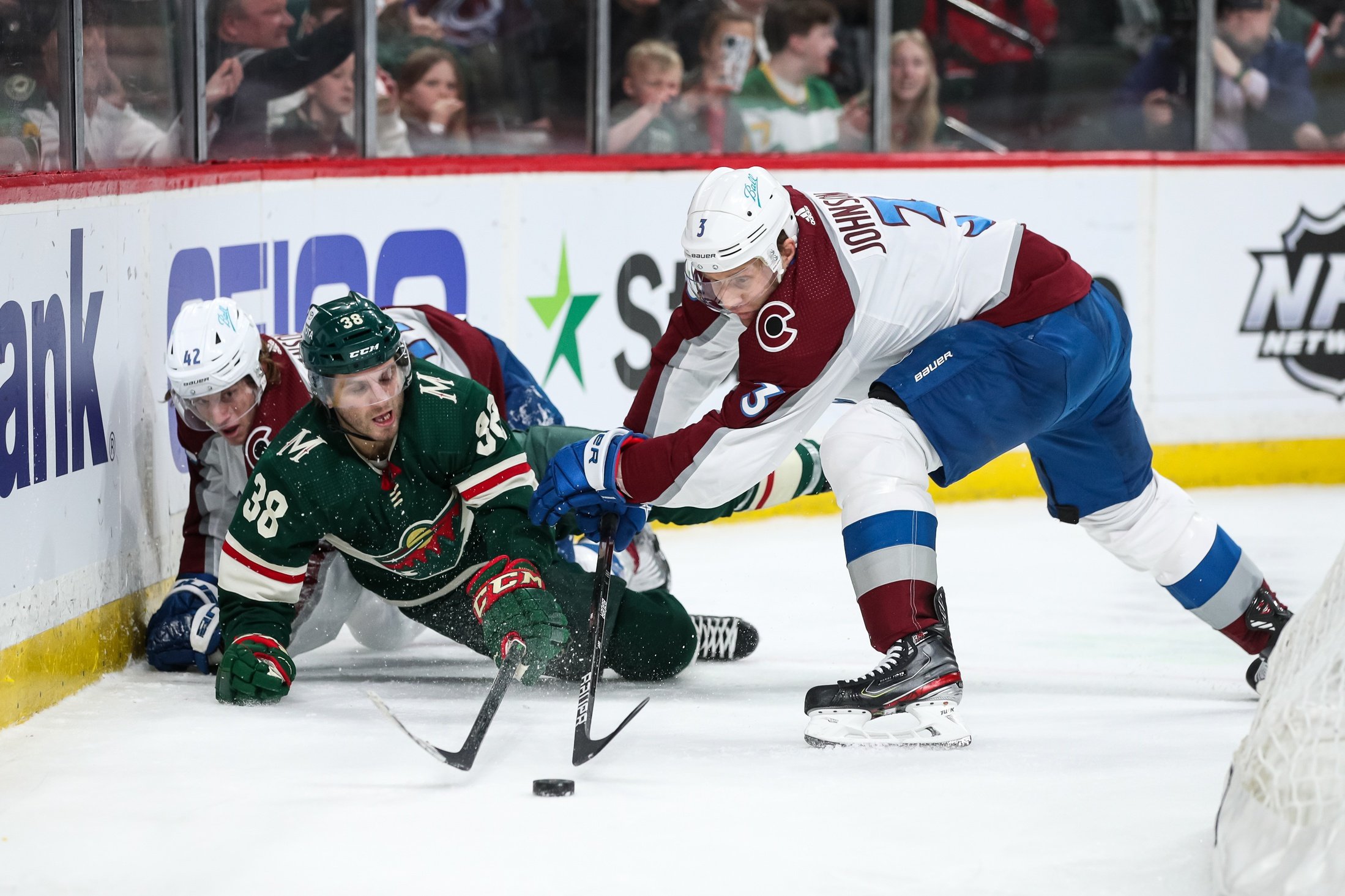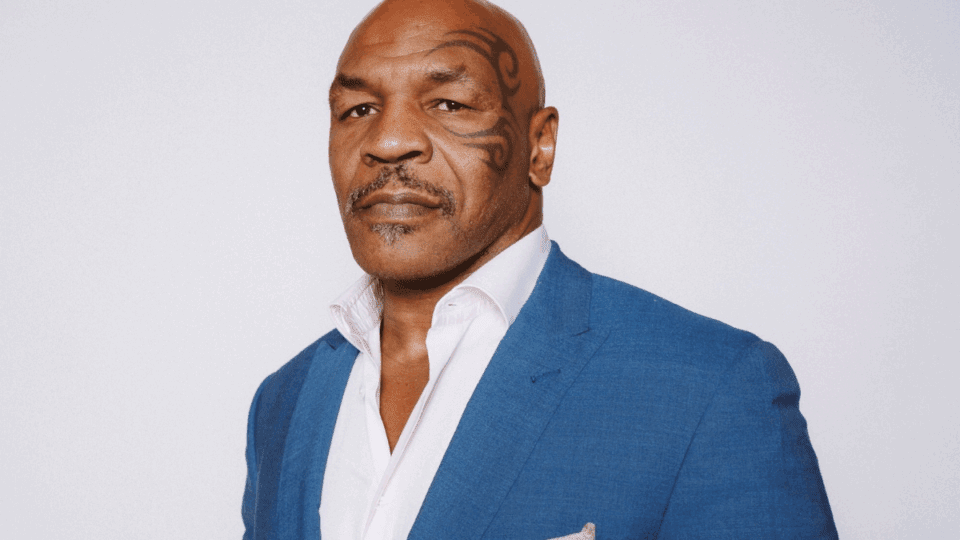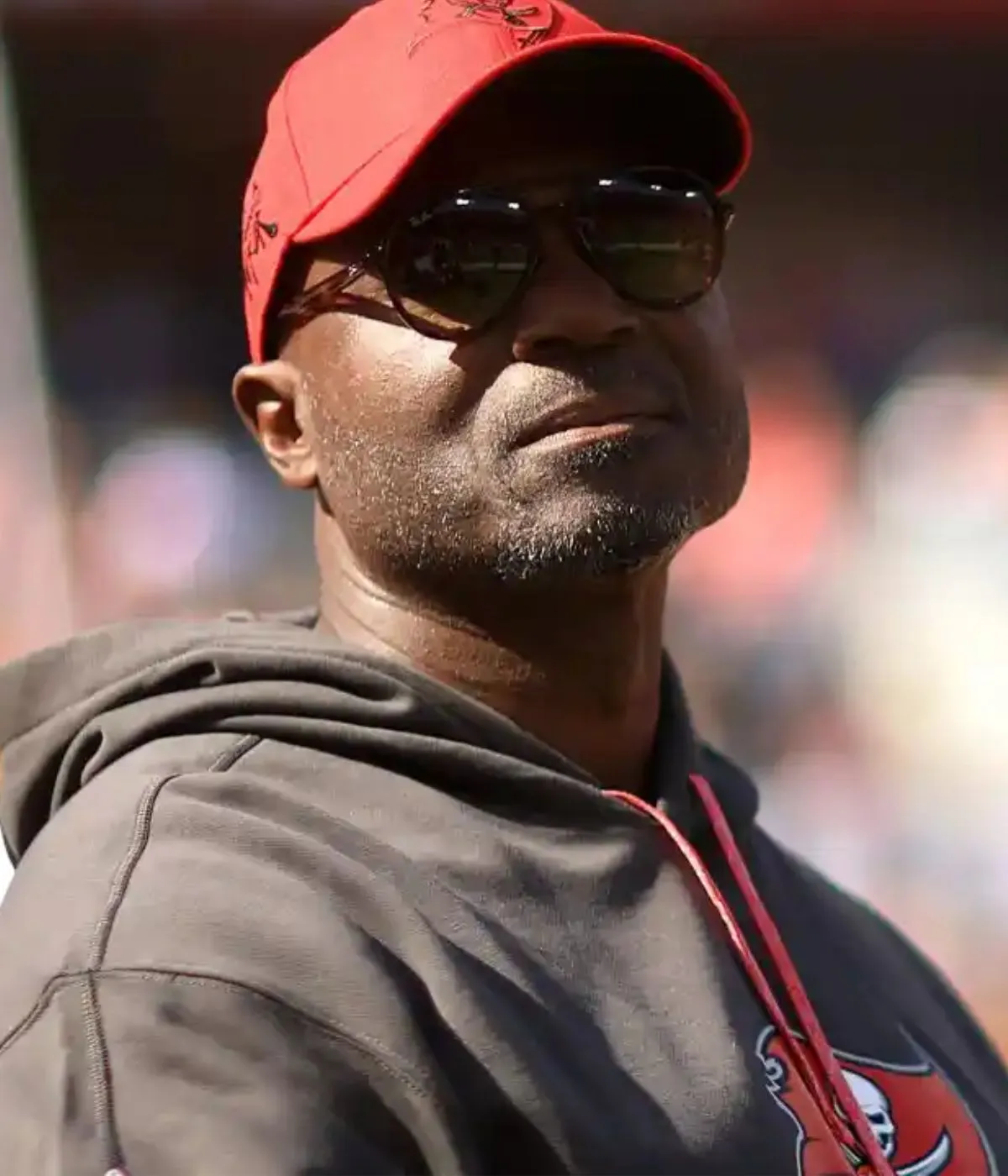There's an adage in sports that there's no such thing as a bad one-year contract. It's generally one to which I subscribe. If you make a mistake, but it's just for a year, then you just wait it out. Bury that contract, trade it somewhere else, whatever. It's only one year.

To go a step further, there can't be such a thing as a bad PTO. A Player Tryout is just that -- a try-out. If it doesn't work out, then you've just spent whatever it costs to bring someone to training camp. That's not even against the salary cap!
But the Minnesota Wild are perhaps looking to push this adage to the absolute limit. The team signed Jack Johnson to a PTO on Monday, looking to provide insurance for a team that traded Declan Chisholm, hasn't brought back free agent Jon Merrill, and might be missing Jonas Brodin to start the season. Without Brodin, the Wild's depth chart on the left side is Jake Middleton, followed by rookies Zeev Buium and Carson Lambos. It makes sense to shore up that depth.
Is Johnson the player to do that, though? The former third-overall pick -- way back in 2005 -- has two major things going against him. For one, there's the fact that he was drafted back in 2005. Granted, we still have some 2005 draftees kicking around. Sidney Crosby, Anze Kopitar, and Kris Letang remain effective, perennial All-Star talents.
That's where we go to the crux of the problem with Johnson. He's not just pushing 40, but the 38-year-old is one of the oldest players in the NHL and has a legitimate claim to being the worst player of the Analytics Era.
The NHL introduced the Real Time Scoring System (RTSS) for the 2007-08 season, which means we have extensive data on all but five games of Johnson's career. Since the dawn of analytics, Johnson has been worth an astounding minus-11.1 points in the standings, per Evolving-Hockey's Standings Points Above Replacement (SPAR).
That's not a minority opinion. Their xSPAR model, based heavily on Emmanuel Perry's research, has Johnson as the worst defenseman over that time (minus-15.6 xSPAR), second to only Gregory Campbell for the title of Worst NHLer of the Analytics Era.
Johnson has the veteran presence, is a beloved teammate, and got a Stanley Cup ring with the Colorado Avalanche in 2021-22. The Avs liked him enough to bring him back at the trade deadline the following season, despite performing poorly with the Chicago Blackhawks up to that point. Those are no doubt things that Bill Guerin values, but how can it be enough to make up for the lack of on-ice performance?
Or, more pointedly, why would the Wild choose to bring in Johnson over Merrill in this scenario? As much flak as Merrill got from fans for his offensive limitations, his defense has been solid in all four years in Minnesota. We're in the middle of August now, and that suggests that Merrill might sign a PTO somewhere. Why not here?
Even if Merrill would be more willing to accept a PTO somewhere else than in Minnesota, a one-year deal with Merrill wouldn't be a terrible deal, either. Something around Marcus Johansson's $800K contract would make almost no impact on the Wild's salary cap or roster.
If it works out, then great, they have a reliable seventh defenseman for the season. If it doesn't, or someone like Lambos forces their way onto the roster, Merrill can go to Des Moines. Either a team would claim him off waivers, or he can play in the AHL without costing Minnesota a cent against the cap.
Having Johnson in on a PTO suggests that the Wild think he can help Minnesota win games, and that's almost certainly not true. Between his work at even-strength and the penalty kill, Johnson posted the sixth-worst defensive Goals Above Replacement in the league, in just 41 games. The nicest thing you can say about his game over the last decade is that he doesn't put his team on the penalty kill too often. It's not nothing, unless you combine it with the rest of his game. Then, it's less than nothing.
Signing Johnson, even on a tryout, is another example of Guerin's tendency to be attracted to some of the NHL's worst players. During his tenure as Wild general manager, he's signed, claimed, or traded for...
Jack Johnson (minus-11.1 SPAR, worst in NHL since 2007-08)
Nic Deslauriers (minus-10.9 SPAR, tied second-worst)
Ryan Reaves (minus-4.6 SPAR, tied 50th-worst)
Rem Pitlick (minus-4.5 SPAR, tied 55th-worst)
Zach Bogosian (minus-3.3 SPAR, tied 99th-worst)
Signing five of the 100 worst players in an 18-year span should be a pretty notorious achievement in itself. It gets worse, though. 60 of the 106 players who were in the bottom-100 (including those who tied for 99th) were out of the NHL for Guerin's entire time as GM. So, we're talking about signing five of the 50 worst players in the NHL during his time. That's... a lot.
The Wild's immediate future depends on their talent evaluation, and they have taken (or may be about to take) big risks that will succeed or fail based on their ability to judge their players properly. Trading a boatload of draft capital, David Jiříček stands out as a major one. If the Wild trade Marco Rossi later this summer, they'd better be right about Rossi's future production and Danila Yurov's ability to replace their 60-point center.
It's not a good time to sow doubt in the Wild's ability to identify what players can help win games properly. Even on a PTO, entertaining a Minnesota roster that includes Johnson shows a troubling lack of judgment from the front office. It's easy for the Wild to avoid stepping o



